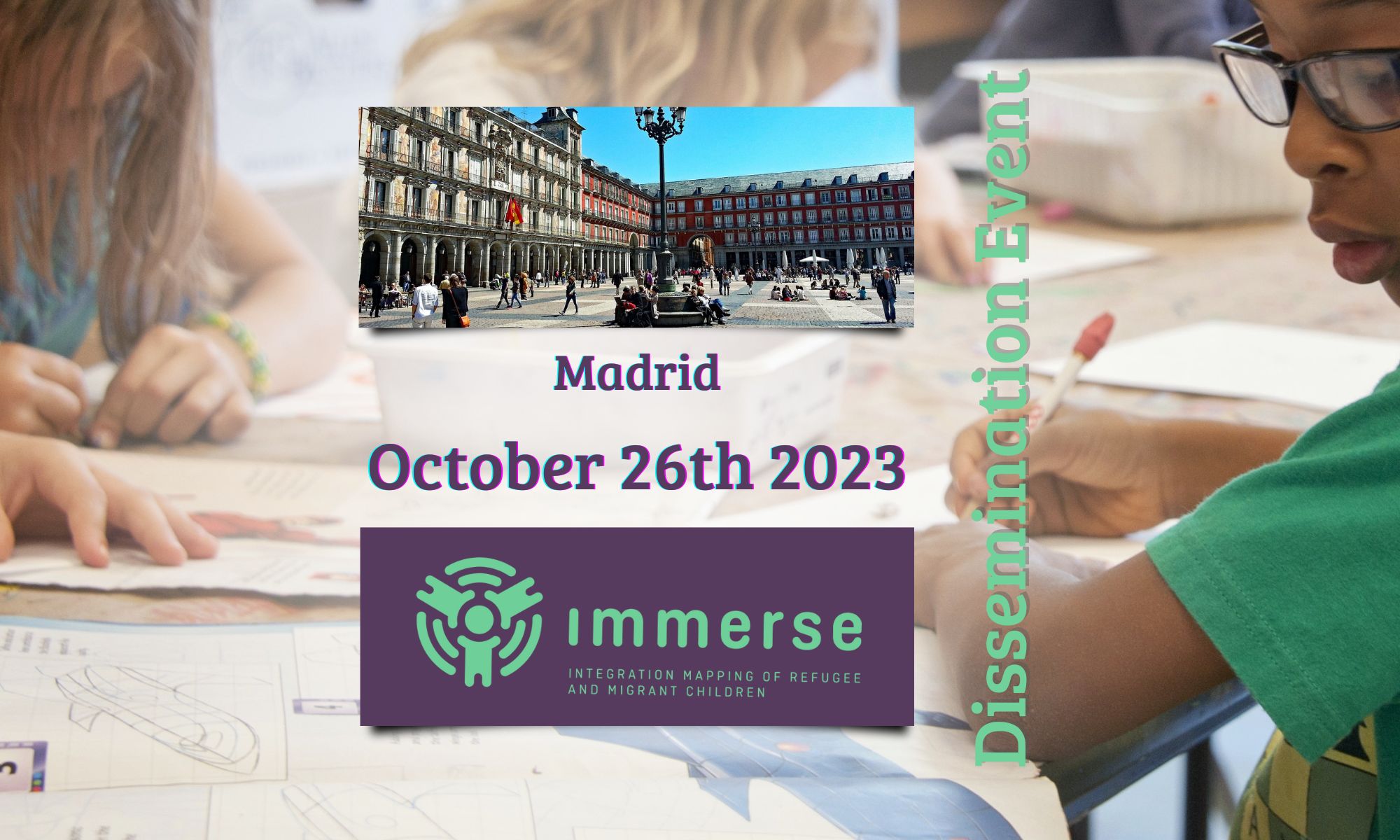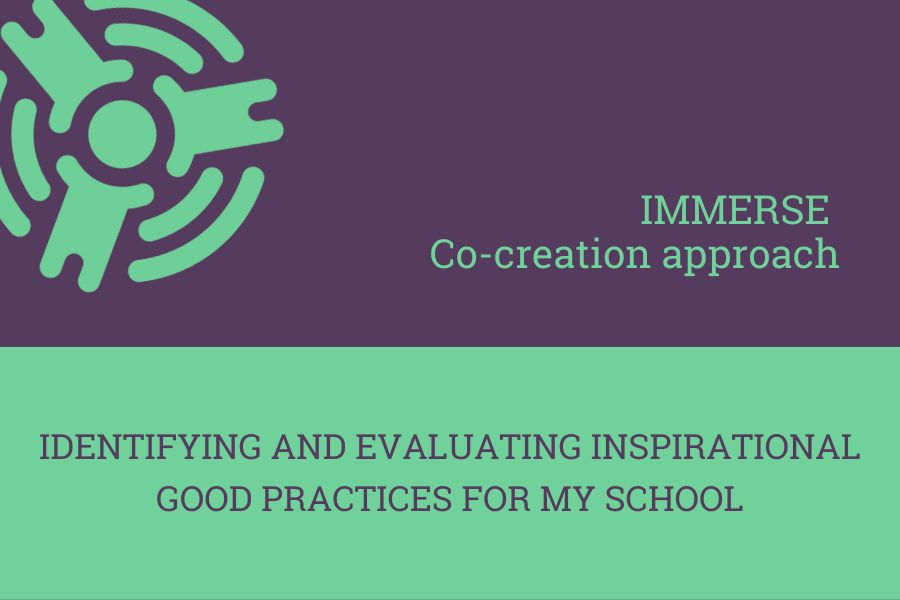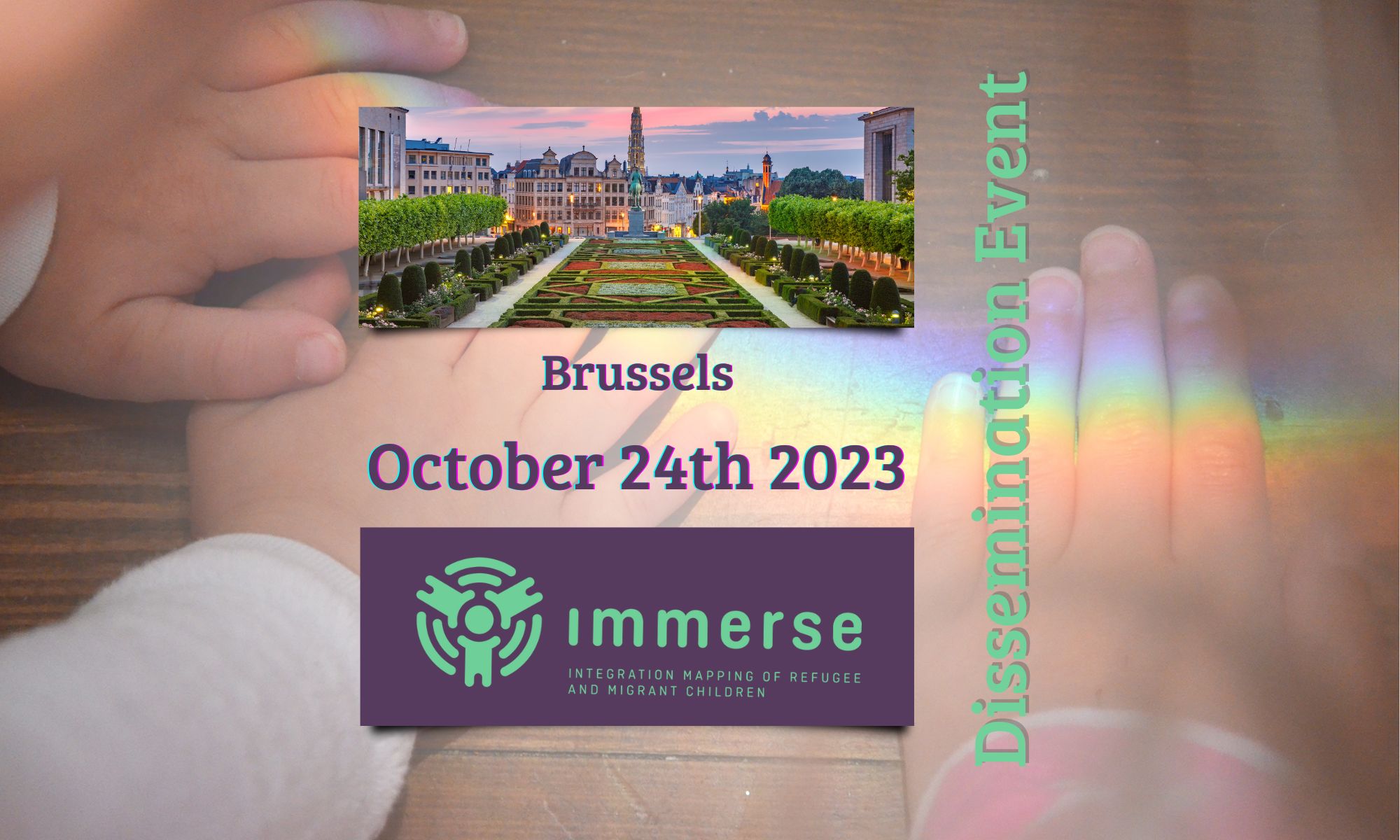Description
Third-country nationals, including children and youth, continue to fare worse than EU citizens in terms of employment, education, and social inclusion outcomes. Migrant children and youth are especially vulnerable to social exclusion. Through the piloting of an innovative and replicable model, the MINT project aims to contribute to the successful integration of third country national (TCN) children residing in the EU, by enabling them to fulfil their full potential and lead secure, active and productive lives in the host societies, and enabling a better understanding of the intercultural benefits that interaction between newly arrived migrants and host societies bring. The project embeds a rights-based approach and promotes child participation, with specific attention to gender-based and other forms of discrimination and with the proactive involvement of the most marginalized children. The main instrument used throughout this project is the Mentoring guidance designed with partners and young people which foresees the implication of both children and young people coming from third countries but also children from host communities which engage and co-design individual integration projects at local and regional levels. The project (January 2019 – December 2020) was implemented in the Czech Republic, Poland, Romania, Slovenia and was funded by EU funds (AMIF).
- Access to compulsory education
- Children maintain their cultural identity while adopting new cultural values and intercultural competences
- Children's competence in host language
- Children's life satisfaction / happiness
- Children's sense of belonging
- Friends and peers (bridges)
- Friends and peers (support)
Evaluation ex post
An ex-post evaluation will be prepared at the end of the project.
Projects’ deliverables
The Mentoring Methodological Framework (see link below) will be adjusted at the end of the mentoring programme based on the lessons learned and will be published online afterwards.
The project provides child-friendly videos on national cultural and social specificities, and child and youth-led awareness-raising videos on their integration experience, from the participant countries (Czech Republic, Poland, Romania and Slovenia)
https://childhub.org/en/child-protection-online-library/mentoring-methodological-framework-mint-project
Reproducibility
The Mentoring Methodological Framework is a guide for the mentoring activities carried out within the MINT project. During the project, the Framework is being tested and adapted. At the end of the project, the Framework will be reviewed and adjusted based on lessons learned and will be made available for the public. The aim is to use it as a starting point for future integration projects.
Motivation for the submission
The MINT project aims to support the successful integration of migrant children and youth through the piloting and replication of an innovative child and youth-led intervention. The project promotes the inclusion of TCN children in the social, cultural and political life of the host societies, as well as in education, through a peer-to-peer mentoring support; online language courses and cultural introduction; and child-led awareness raising and advocacy actions on their lived realities and the huge benefits for host societies.



